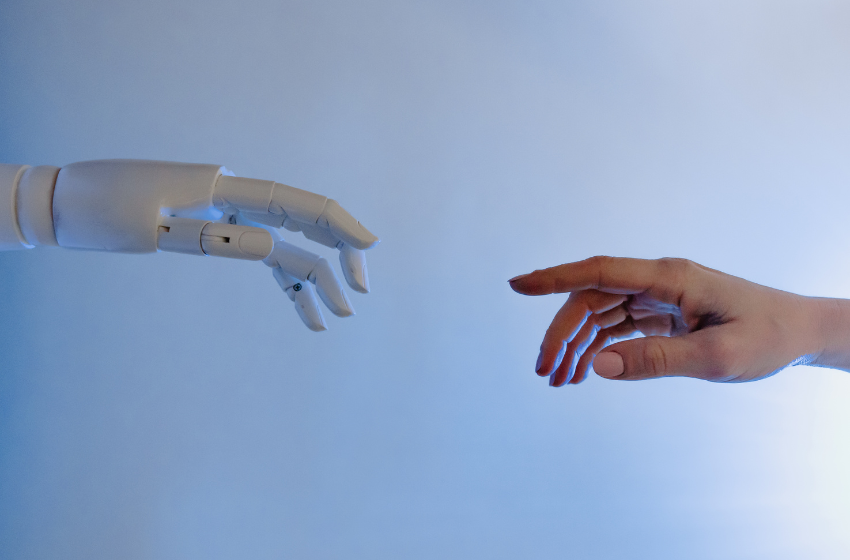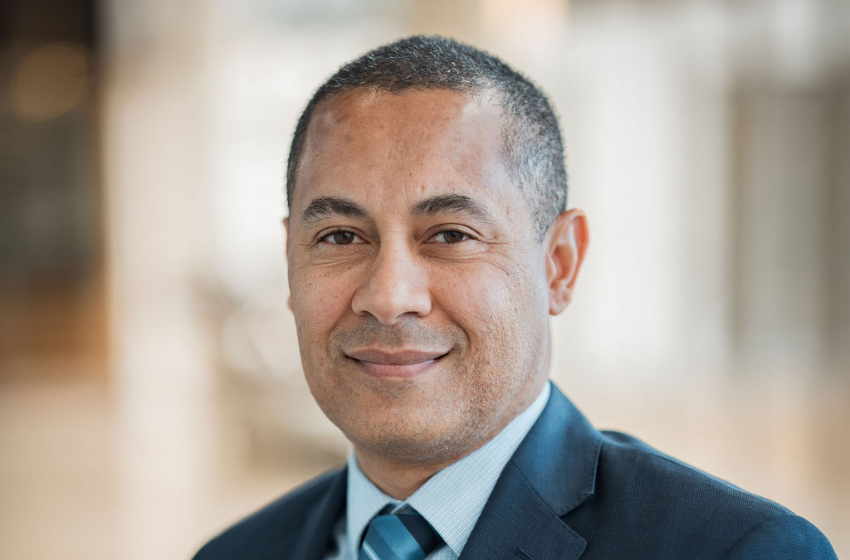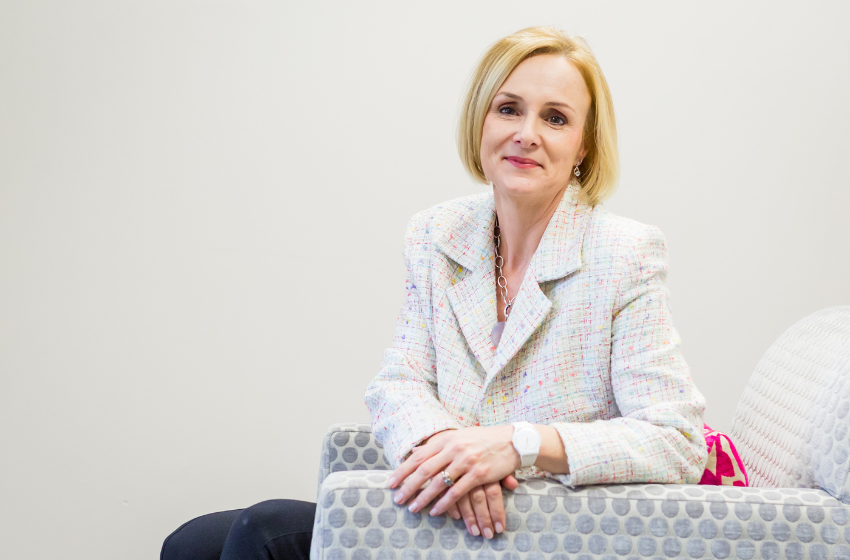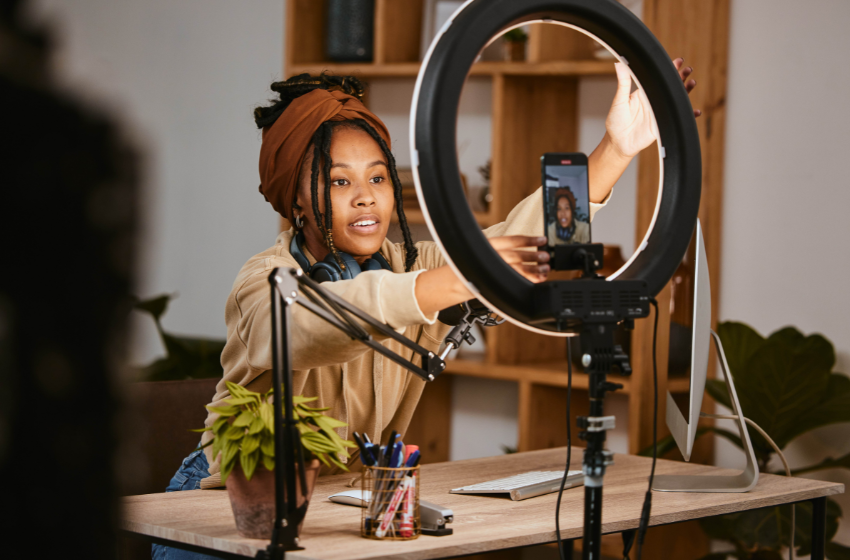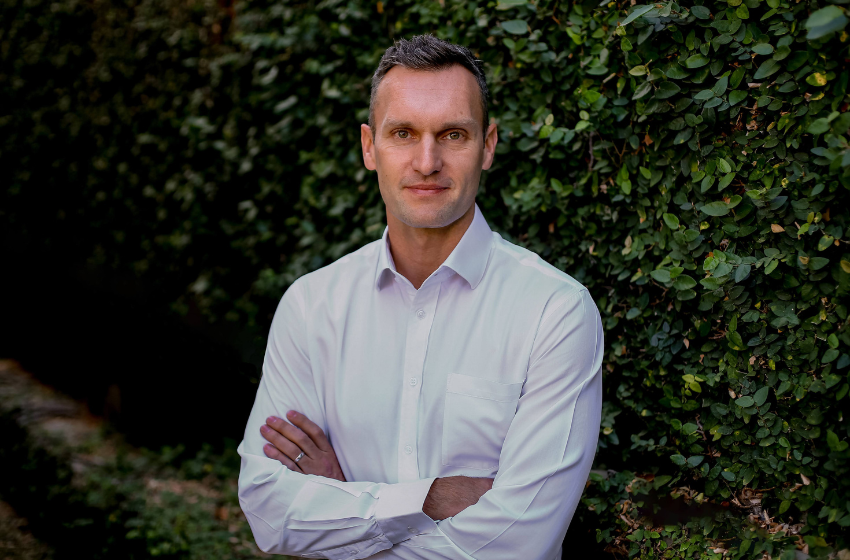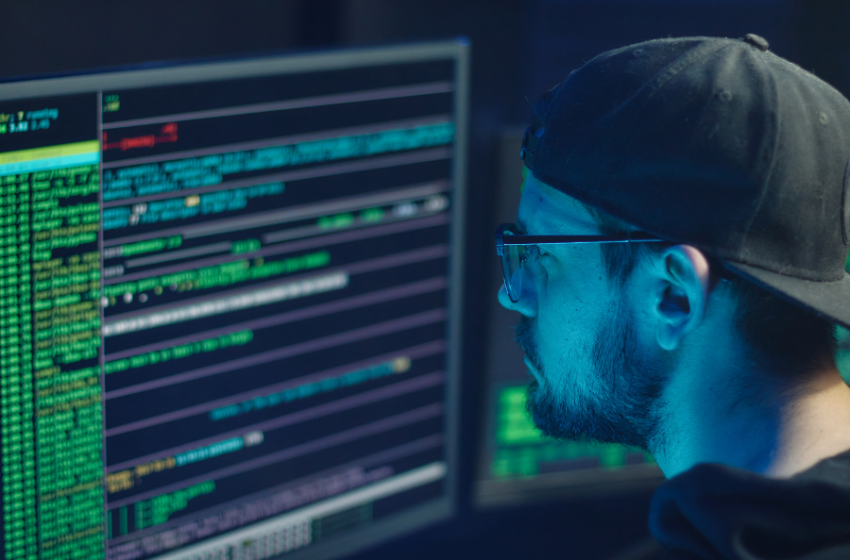
Zulaikha Goolam, iSchoolAfrica Disability Inclusion & Accessibility Programme Manager
It is unwise to underestimate the influence and capacity for radical transformation of which our youth is capable.
On 16 June 1976, thousands of young South Africans took to the streets of Soweto, armed with nothing but their voices and a belief that education should be a right, not a privilege. Nearly five decades later, as we commemorate Youth Day in 2025, a new generation is rising—equipped with the right technology that can unlock access to the quality education they need in today’s world.
Where the youth of 1976 marched against exclusion, the youth of today are coding their way toward inclusion. Where they once demanded access to education, they now create tools that democratise it.
The Digital Revolution in Education
iSchoolAfrica has witnessed this transformation firsthand. Since 2009, we’ve worked with over 100,000 learners across nine provinces, evolving from introducing iPads in classrooms to building a holistic ecosystem of digital empowerment. Our programmes now span early learning to Grade 12, reaching 341 schools, training over 300 teachers, and cultivating more than 200 youth facilitators in rural areas and exposing over 5000 learners to code.
What makes this so significant is how it directly addresses the inequities that triggered the 1976 uprising. Where past educational policies denied youth the right to quality education, technology now serves as the great equaliser. Through our programmes, learners in under-resourced communities access the same digital tools and opportunities as their peers in well-funded institutions.
Technology as Modern Activism – content creators and contributors
Today’s youth aren’t just consuming tech; they’re using it to drive change. Through our Media Changemaker Programme, learners become digital journalists; telling their own stories and reshaping narratives about their communities. They produce documentaries, develop podcasts, and design applications that address real community issues.
This marks a fundamental change in how young people engage with social challenges. The 1976 generation protested against injustice. The 2025 generation is building justice through innovation. They’re identifying problems and coding, creating, and constructing their solutions.
Our programmes have already trained over 500 Media Changemakers, reshaping how stories are told and communities are seen. These youth are developing into leaders, using tech as a force for good through content creation and storytelling.
The ripple effect is powerful. When young people become digitally literate, they become agents of change withing their communities. They bridge generational divides and open doors not just for themselves, but for their families and peers.
Our Coding and Robotics programmes take this even further. Learners gain not only programming knowledge, but also develop a creative, collaborative, and resilient approach to complex challenges.

Radical Inclusion Through Tech
This digital revolution has also sparked a radical transformation in disability inclusion. Historically, youth with disabilities were excluded from mainstream education, job opportunities, and social participation. Through iSchoolAfrica’s Disability Inclusion Programme, that is changing.
Technology has become the great leveller, enabling personalised learning and bridging access gaps. For the first time, disabled youth are using the same digital tools as their peers—not just to learn, but to thrive. This isn’t just inclusion, it’s empowerment.
Our recent recognition as winners of the UN-affiliated Zero Project Award for our Deaf Developers Programme is a reminder that educational equity must include all learners, regardless of ability. The fight that began in 1976 is evolving beyond demanding access to ensuring genuine inclusion for every young South African.
A Sustainable Future
As we look toward a sustainable future, technology is more than a personal tool—it’s a societal catalyst. The youth we empower today will be the climate scientists, entrepreneurs, and community leaders of tomorrow.
Through programmes that teach both hard skills and digital citizenship, we are growing a generation that understands technology’s potential for positive impact. Coding, critical thinking, and content creation are vital capabilities for solving the complex challenges of our time.
This directly supports the broader vision of youth empowerment for a sustainable future. It’s no longer enough to provide access to technology. We must also ensure it is used to drive equity, innovation, and long-term resilience.
As we honour the legacy of 1976, we must recognise youth empowerment as a shared mission.
Corporate partners, government departments, and civil society must ensure every young South African can access the tools and training they need to succeed in a digital future.
Let’s ensure a South Africa where every young person has the opportunity to learn, create, and lead.
Share via:


